The Senate voted unanimously on Friday to urge the President to not allow for the ceding of Internet control to the United Nations. The House had already passed a similar resolution.
Happily, the President is in agreeance with such calls, his branch of government stating that it is opposed to such ideas.
There has been much ballyhoo online in the last few days, specifically concerning fresh calls for the treating of blasphemy as a crime, along with somewhat stunning notes from the UN Secretary General detailing that in his view, much of speech is not protected. Fuse those into law, and allow the international community to run the Internet, and at once you have a place where the free exchange of ideas is constrained by what certain groups find irksome.
This obviously won’t do.
Given how decentralized the Internet is, the fact that ICANN is located in Los Angeles, and that much of Internet and computing technology is designed and coded here in the United States, what would a more controlled Internet look like?
The fear
The statement by Sen. Marco Rubio, released after the Senate voted on its resolution this past Friday, contains a rather succinct explanation of just what is afoot, and exactly why it is a scary thing to behold [Bold: TNW]:
S.Con.Res. 50 is a bipartisan resolution Rubio introduced with Senator Claire McCaskill (D-MO) calling on the U.S. government to reinforce its commitment to Internet freedom by opposing international efforts to cede greater Internet regulatory power to the International Telecommunications Union (ITU). Last year, China, Russia, Tajikistan and Uzbekistan proposed an “international code of conduct” in an attempt to justify greater government control over the Internet and standardize international rules and behavior concerning cyberspace and information. These and other nations have been calling for more regulation over how the Internet operates and pushing to give the United Nations and ITU unprecedented control over Internet governance at the upcoming World Conference on International Telecommunications in December, when 193 countries will meet in Dubai to update the International Telecommunications Regulations (ITRs).
So, in short, a number of nations want to shift control of the Internet to an international standard, being called for in part by China and Russia. I don’t need to point out to you how wonderful the record that those countries sport on free speech, expression, and criticism is.
The blasphemy issue is separate in a sense, but is obviously connected; if the Internet becomes a place where nations can vote in standards, banning certain forms of speech, blasphemy laws will become codified as well. That I promise you.
Happily, as we have noted, the Executive and Legislative branches are in agreement, which means that the United States has zero interest in allowing for such an occurrence.
Sen. Rubio, take us home: “We cannot stand idly by as countries use this conference and treaty to justify censoring the Internet and blocking the free flow of information among their citizens and the rest of the world.” Indeed.
At least this week, our Congress landed on the right side of an issue.
Top Image Credit: US Mission Geneva
Get the TNW newsletter
Get the most important tech news in your inbox each week.




